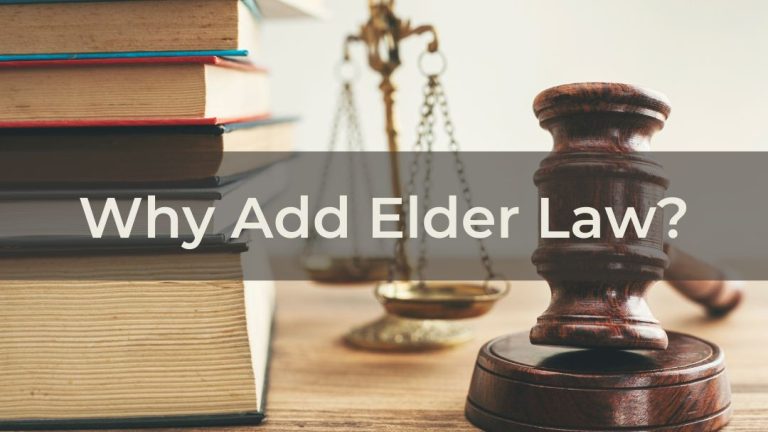Intentionally Defective Grantor Trusts and Tax-Deferred Annuities

Disclaimer: Since Medicaid rules and insurance regulations are updated regularly, past blog posts may not present the most accurate or relevant data. Please contact our office for up-to-date information, strategies, and guidance.
An Intentionally Defective Grantor Trust (“IDGT”) is an irrevocable trust created so that the assets of the trust are attributable to the grantor for federal income tax purposes, but not for gift, estate, or generation skipping transfer tax. The “defect” is that the grantor reports all of the income, deductions, and credits associated to the trust property on his or her personal income tax return. The IDGT does not file an income tax return – IRS Form 1041.
Likewise, when the IDGT purchases property from the grantor, since the IDGT is ignored for federal income tax purposes, the sale does not result in any gift, capital gain or loss, or depreciation recapture.
When a tax-deferred annuity (“TDA”) is purchased and owned by an IDGT it will be held in the name of the trust. The grantor will be named as the annuitant and the IDGT will be named as the primary beneficiary. If all the beneficiaries of the IDGT are natural persons, the TDA will continue to accrue growth on a tax-deferred basis.
When the annuitant dies, the TDA will continue to accrue growth on a tax-deferred basis. When the annuitant dies, the TDA death benefit will be taxed on the growth. This type of TDA is “annuitant-driven.” If the TDA is not immediately liquidated by the IDGT – which is usually the case, the TDA must be liquidated within the five years following the annuitant’s death; the terms of the IDGT usually play an important role in the termination of the IDGT and the distribution of its property.
If the TDA names an individual as the primary beneficiary rather than the IDGT, instead of taking the lump sum that person may elect to annuitize the TDA over his or her lifetime; the annuitization will stretch the income tax consequences over the primary beneficiary’s lifetime. Additionally, if the named primary beneficiary is the spouse of the annuitant, he or she may elect to continue the TDA, rather than liquidate it.
In light of the above, does it make any sense to use an IDGT and TDA in Veterans benefits or Medicaid planning? Some would argue “yes,” while others would argue “no.” It really depends on which state the applicant resides in and his or her intentions regarding the use of the TDA.



